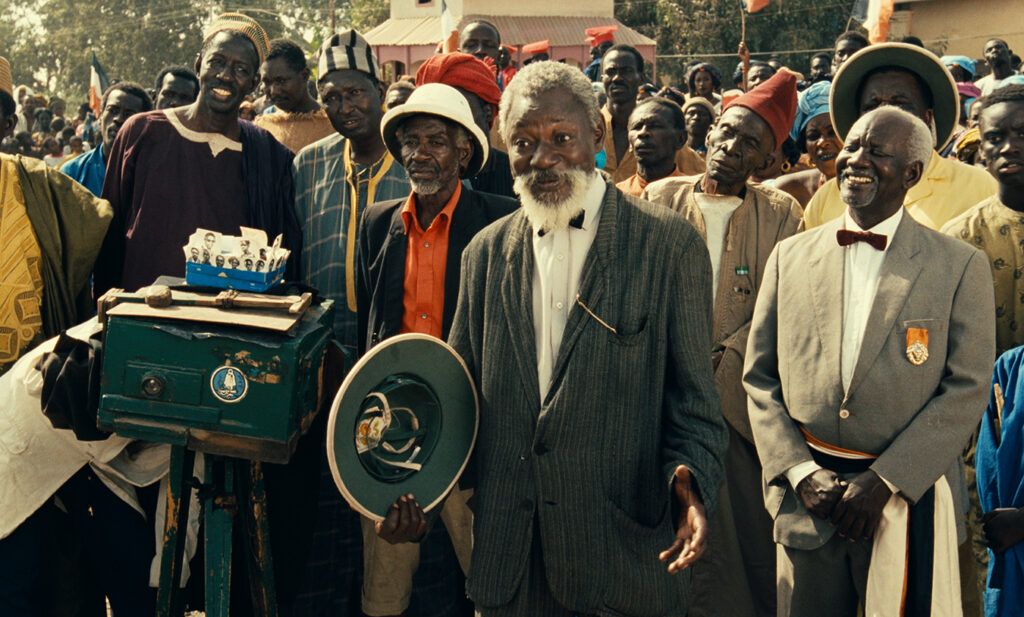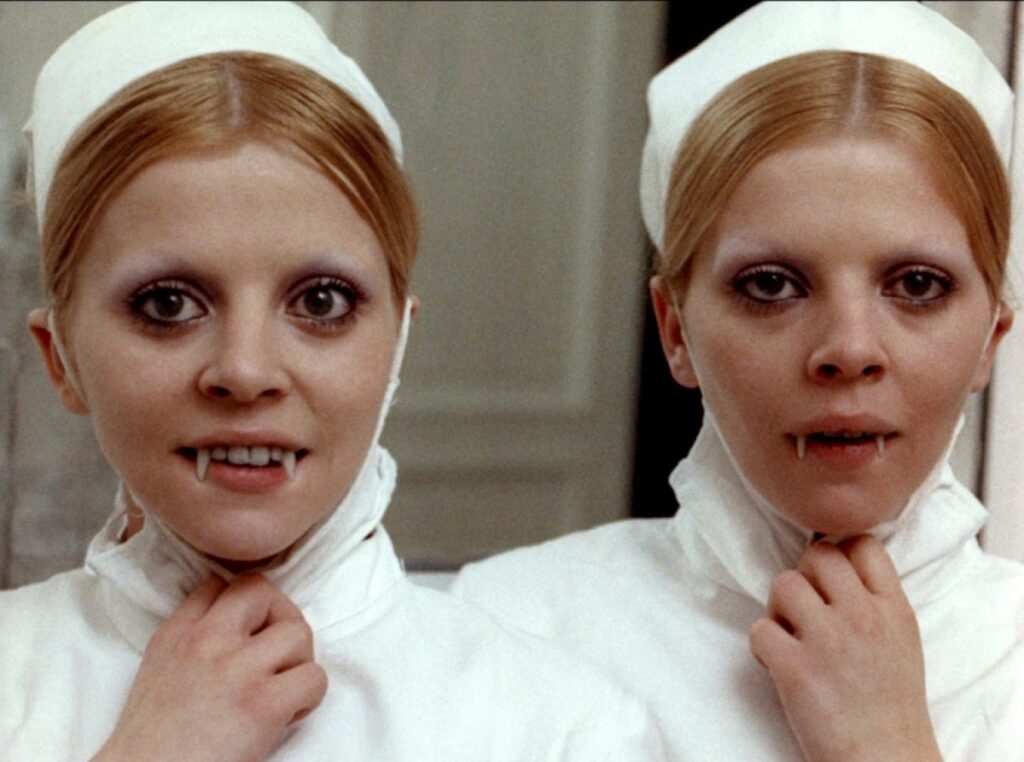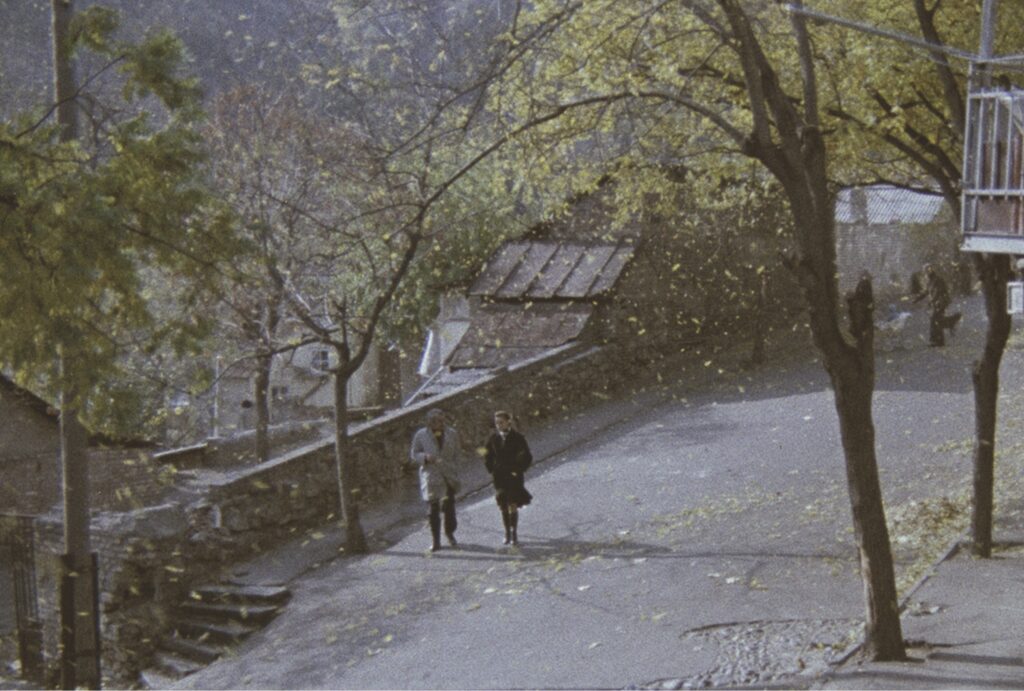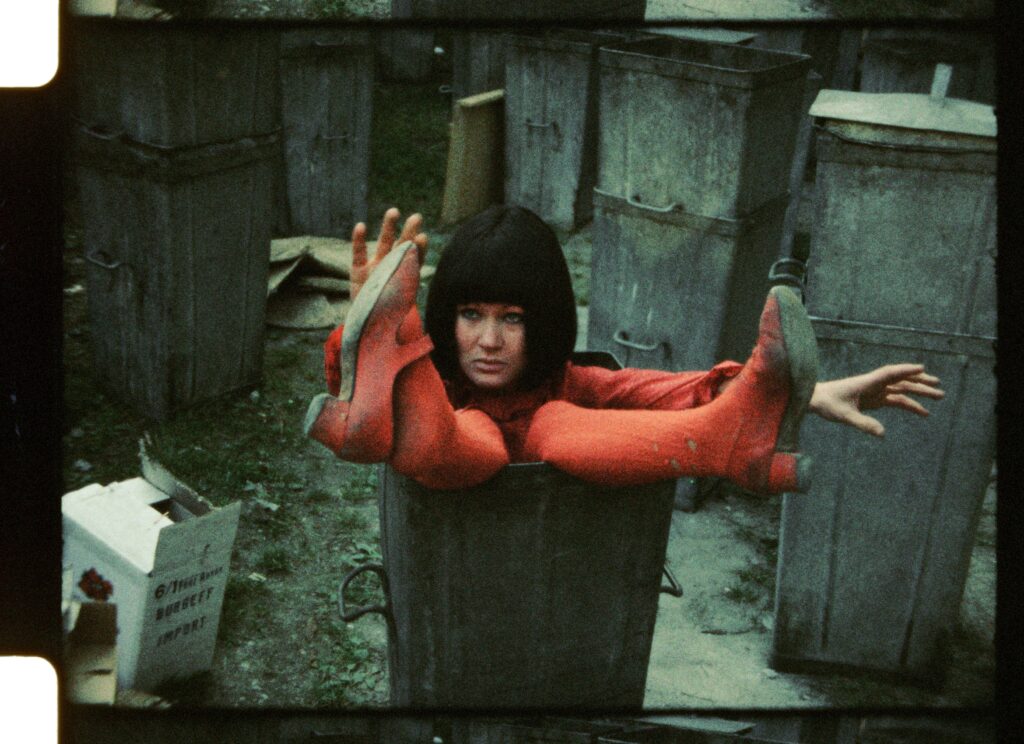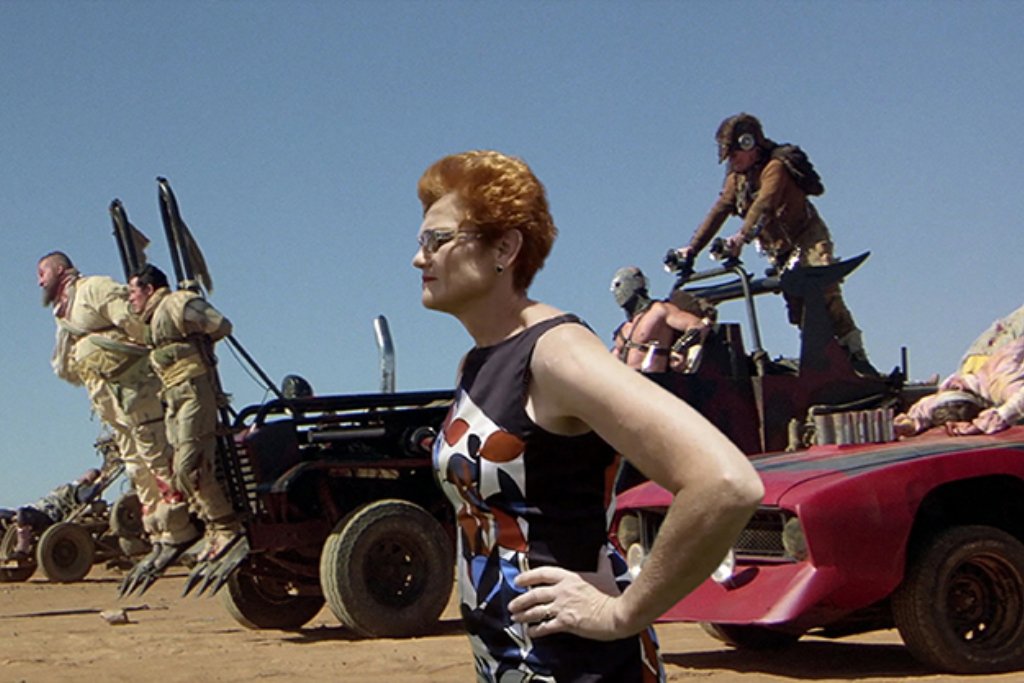Essential Cinema
BFMAF’s retrospective series provides a fresh look at classic works of cinema or a first view of overlooked masterpieces. Each film is rarely-seen and most are shown in new restorations for the first time in the UK.
Linguère Ramatou returns to Colobane, a once charming village now devastated by poverty, with fabulous wealth and a promise to save her people. But tied to this promise is a deadly bargain: the lover who had betrayed a 16-year- old, pregnant Linguère, must be executed. The villagers—over time and through the hardship of daily survival—had long forgotten the incident, and they are at once confused, horrified and outraged. But soon cowardice sets in, shrouded in silence. While appearing to maintain a good moral conscience, the villagers are unable to resist the dazzling array of consumer goods that Linguère has now placed within their reach. On credit, they begin to purchase furniture and appliances—even those meant for houses without electricity!
Completed just a few years before the filmmaker’s passing, Hyenas is a cautionary tale packed with humorous, compassionate yet explosive scenes. Mambéty forges his narrative with humour and paints characters, spaces, dialogues and gestures with breath-taking images in sumptuous colours. He skilfully and playfully sways us back and forth in time, with slots of 19th century pomp followed by 20th century appliances. Desire, materialism and various modern day artefacts come to test the old values of individual dignity and group solidarity, stressing the enduring, almost mythic status of the conflict between avarice and respectability. Hyenas is nothing short of poetry in motion.
Introduced by artist and researcher Layla Gaye
Run Time
Frederic is a maternally-dominated young man who by chance is awakened to a dormant childhood memory while attending the launch party of a new perfume. A chateau pictured in the perfume’s poster reminds him of a night, long ago, when he was lost and a beautiful young woman came out of nowhere to protect him through the night. Later, the woman—unaged—magically appears and beckons to him, and Frederic finds his way back to the chateau and to her, uncovering some dark secrets about his family’s past along the way.
Lips of Blood was French horror-erotica auteur Jean Rollin’s favorite of his own films and it contains many of his signature elements: crumbling seaside ruins, bloodthirsty vampires, poetically haunting cinematography and suspenseful intrigue. Of all his films, it perhaps best transcends his tendencies toward the poetical and arcane, while remaining at the same time true to his most personal, recurring obsessions: childhood, nostalgia, lost love, romantic quests, the cinema, obsolescence. Aided by a young Jean-François Robin, whose later talents as a cinematographer would spice up films in the 1980s by Jacques Demy and Andrzej Żuławski, as well as the Cinéma du look classic Betty Blue, Lips of Blood is one of Rollin’s most beautiful works.
Selected by Artist in Profile Sophia-Al Maria, who will introduce the film
Run Time
Some Interviews on Personal Matters is one of the first feminist films of Soviet cinema and comes to Berwick freshly restored by Arsenal Berlin. Lana Gogoberidze’s narrative follows Sofiko, a journalist who interviews a wide range of women about their lives, desires and domestic labour. Laying bare the connections between the private and political in almost documentary style, the film focuses on the struggle between Sofiko’s independence and her obligations towards her own family. A powerful performance by Sofiko Chiaureli—who viewers will recognize from her iconic role in Sergei Parajanov’s The Colour of Pomegranates—is at the center of what is a quite personal film for Lana Gogoberidze, one of three generations of Georgian women filmmakers from her mother Nutsa Gogoberidze (an associate of Eisenstein, Dovzhenko and Mikhail Kalatozov in the 1930s) to her daughter Salome Alexi.
Run Time
BFMAF presents the first UK screening in 40 years of this innovative New German Cinema highlight. The Dumpster Kid (Kristine de Loup), born from a trash can, finds her way through the world, discovering hilarity, ecstasy, cruelty, capitalism and patriarchy along the way. Always wearing a red dress, red tights and Louise Brooks-style black bob, The Dumpster Kid steals, has sex, joins a sideshow and meets Al Capone and d’Artagnan. She is always in danger, yet immortal.
This radical film was never meant to be shown in a cinema; instead, Reitz and Stöckl showed it in pubs. The audience members were encouraged to imbibe heartily and create their own sequence of the film’s 22 episodes. This special ‘pub cinema’ screening will be recreated for this event, an exceedingly rare cinematic treat that you won’t soon forget.
Supported by Goethe-Institut, London
Run Time
Part political satire, eco-horror and road movie, TERROR NULLIUS is a counterculture film which offers an un-writing of Australian national mythology. Using existing film footage as raw material, the project works entirely within—and against—the official archive in order to achieve a queering and othering of Australian cinema. Envisaged as ‘A Political Revenge Fable In Three Acts’, TERROR NULLIUS is a world in which minorities and animals conspire, and not-so- nice white guys finish last. Where misogynistic remarks are met with the sharp beak of a bird or the jaws of a crocodile, and girl gangs rule the highways. Within this fable, Skippy the Bush Kangaroo schools his young pal Sonny on intersectional feminism, a house is haunted by the spectre of queer Australia, the mystery of Hanging Rock is resolved and a bicentennial celebration is ravaged by flesh-eating sheep.
TERROR NULLIUS lays bare a paradoxical vision of Australia as a nation where idyllic beaches host race-riots, governments poll love-rights and the perils of the natural environment are overshadowed only by the enduring horror of Australia’s myth of ‘terra nullius’. It’s a beautiful, bloody mix of the historical and the speculative, the grindhouse and the art house. Not a definitive counter-narrative but a meticulous ramshackle of connections that delivers an open invitation to a further cultural conversation.


